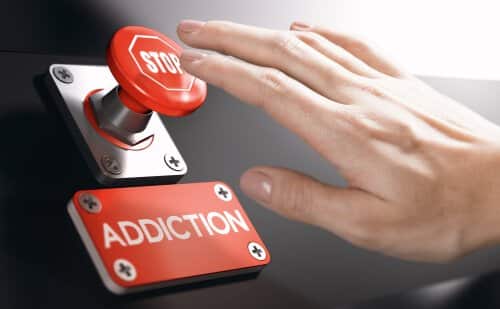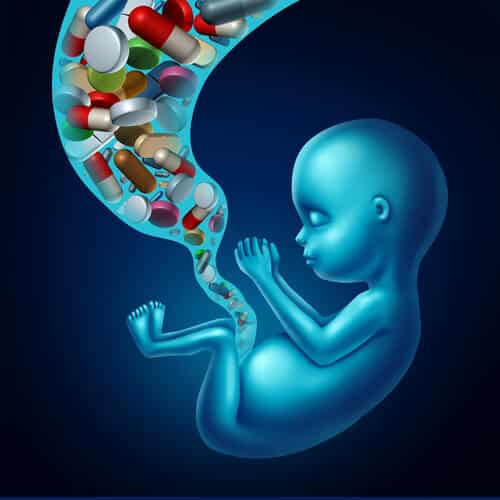Cracking Down on Opiates
Pain Pill Prescriptions Leads To A More Deadly Drug Trend: Pressed Pills

Over 30 million people worldwide use opiates – for legitimate pain or for recreational purposes.
Unfortunately, many uses them to feed their addiction, and suffering from detoxification withdrawal symptoms when attempting to quit it.
Irrespective of whether opiates, such as prescription pain killers or heroin or fentanyl, are obtained legally or in the illicit market, there is a problem.
The problem also mutates. When authorities make it more difficult to obtain prescription painkillers from legal sources, then people turn to the illicit market for diverted opioid pain pills or heroin. Just because they ran out of prescription opioid pain pills it doesn’t mean that the addiction has.
Many states are limiting, in shape or form, the prescriptions for opioid painkillers in the hope that it will prevent people from getting addicted to them. The secondary gain would be that the number of opioid pain pills making their way into the hands of drug dealers would be curtailed.
According to Dr. Cidambi, drug cartels or even some home-based ‘cooks’ are finding ways to fill the demand and cashing in on the shortage. Supply will come in to fill the demand gap. If you have ever watched the television show, ‘Breaking Bad’, you know it’s a short leap into making and dealing in drugs.
Some home based-drug operations are importing pill making equipment and raw fentanyl, a synthetic opiate which is 50 to 100 times more potent than heroin, from the dark web and making fentanyl-laced pills at home. They mimic the effects of popular prescription opiate painkillers such as Codeine, Oxycodone and Percocet. What’s more, they are cheaper on the street than the real thing and exponentially more potent, so it provides a higher high.
Not only do these pills contain fentanyl, they may also be laced with other substances, such as benzodiazepines, making it a cocktail of drugs that have the ability to spike the high obtained from opiates.
Individuals suffering from addiction gravitate toward these pills as they are irresistibly cheap. However, they are putting themselves in grave danger, as there is no way of knowing what is actually in them. Drug dealers want to deliver a higher high than their competitors and concoct a variety of formulations without a basic knowledge of chemistry or pharmacology.
Consequently, individuals with addiction issues are putting their lives at risk by ingesting these pills. It would not be unfair to say that unintentional overdoses are mainly caused by such pills.
While the antidote to opiate overdose, Narcan, could help to revive a person who has overdosed on opiates, it may not be as effective on a person who has overdosed on multiple substances of abuse. The danger is not only from multiple substances, it could be from fentanyl alone! It is so potent and the overdose happens so quickly that first responders may not get an opportunity to get to the person on time to administer Narcan and revive them
If you think you have an addiction problem, please feel free to reach out to us. We have an outstanding outpatient treatment program which has delivered excellent results. Please call us or contact us here through our website.
Related Articles



